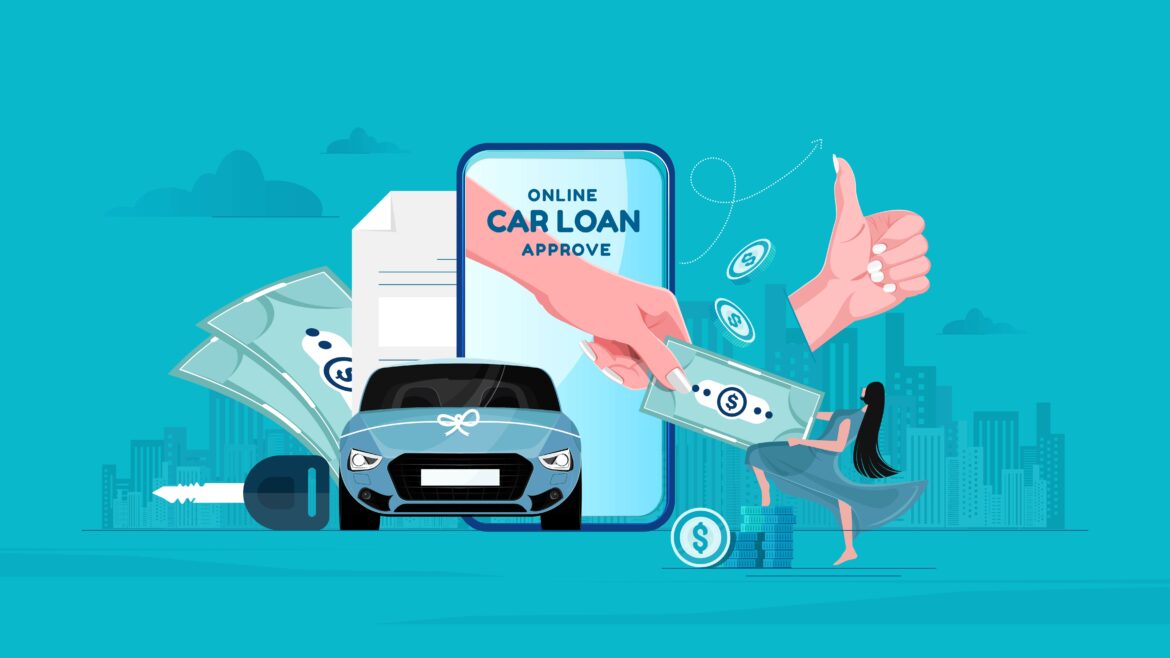Credit unions have long been the backbone of local communities, fostering strong relationships with their members and offering tailored financial solutions. Unlike their national bank counterparts, which often focus on indirect (dealer) loan programs, credit unions are uniquely positioned as the “heart” of private party auto lending.
This inherent connection to their members, combined with a local presence, allows them to facilitate loans for a variety of private party vehicle transactions, including cars, boats, RVs, and motorcycles. This presents a significant opportunity for credit unions to expand their reach and further solidify their role as trusted financial partners. However, unlocking this potential requires addressing inherent challenges in facilitation and ensuring robust fraud prevention.
The private party opportunity and current challenges
The landscape of private party auto sales is ripe for innovation. Traditionally, these transactions have been characterized by manual processes, information asymmetry, and a heightened risk of fraud. Buyers and sellers often navigate a maze of paperwork, title transfers, and payment logistics with limited support or transparency. This is where credit unions can step in, leveraging their member-centric approach to create a more streamlined, secure, and efficient experience.
One of the primary challenges credit unions face in facilitating private party auto loans is the lack of comprehensive information about both the seller and the vehicle. In current scenarios, credit unions often operate with limited visibility into the transaction journey. This information gap can lead to delays, inefficiencies, and an increased susceptibility to fraudulent activities.
Imagine a scenario where a credit union approves a loan for a private party vehicle without a clear understanding of the seller’s identity or the vehicle’s true condition and history. This reactive approach, where fraud is often reviewed only after a transaction is complete, places an undue burden on the credit union and its members.
In fact, credit unions have lost an estimated $1.2 billion tied to auto lending fraud since 2022, according to Point Predictive. They are also experiencing higher rates of fraud compared to other lenders, according to data from the Financial Crimes Enforcement Network.
Bridging information gaps and enhancing security
To truly capitalize on the private party auto loan market, credit unions need solutions that provide proactive verification and a holistic view of the entire transaction. This means moving beyond a reactive audit process to one that incorporates real-time information gathering and validation.
To significantly mitigate risk and empower informed lending decisions, credit unions can leverage systems that facilitate comprehensive digital verification of all parties, vehicles, and documents involved in private party auto loans. Such systems provide essential details about the seller’s identity and legitimacy, along with crucial vehicle information like VIN, odometer readings, and historical data, enhancing transparency and protecting members from scams. This proactive approach replaces reactive audits by integrating real-time information gathering and validation.
Adding critical layers of security, these solutions can instantly validate members’ phone numbers, confirming physical access to devices, preventing SIM swap attacks and burner phone fraud, and using telecom data to detect fraud patterns. Similarly, driver’s license verification combines document scanning, selfie matching, and database verification to confirm license validity, detect forged documents, and ensure the submitter matches the photo through biometric and liveness detection. These proactive steps not only lower fraud losses for credit unions but also assist with KYC and AML compliance, meeting regulatory requirements with high match accuracy.
Streamlining operations and member experience
Beyond fraud prevention, the operational efficiencies gained through a more streamlined digital process are substantial. The traditional private party auto loan process is often plagued by paper delays and manual steps. An end-to-end digital solution can eliminate much of this paperwork, simplifying everything from pricing and documentation to backend products.
Imagine the benefits of immediate digital payments and automated funding based on stipulation satisfaction, with seamless loan payoff routing and lien perfection. This not only reduces administrative burdens for credit unions but also significantly accelerates the deal cycle times, leading to a faster and more satisfying experience for members. The ability to fund deals digitally, 24/7, with complete audit trails, would be a game-changer, replacing the inefficiencies of paper checks.
For credit unions, the value extends beyond just internal efficiencies and risk mitigation. By offering a safe, trusted private sale platform, they can provide an exclusive benefit to their members, enhancing the overall member experience. This also unlocks a new market segment, allowing credit unions to expand their reach while maintaining control of their member relationships.
The buyer’s role in this modernized process is key; they can initiate the transaction, often through their credit union, and invite the seller to a portal to complete necessary paperwork and facilitate funding. This approach empowers members and places the credit union at the center of the private party auto sales ecosystem.
Financial impact and competitive advantage
Finally, the financial impact for credit unions can be substantial. Beyond reduced fraud losses and streamlined operations, there’s also the opportunity for revenue generation through backend products such as vehicle service contracts (VSC), GAP insurance, credit life insurance, and tire & wheel protection.
By facilitating a more efficient and secure private party loan process, credit unions are not just solving existing pain points; they are actively creating new revenue streams and strengthening their financial health.

































































